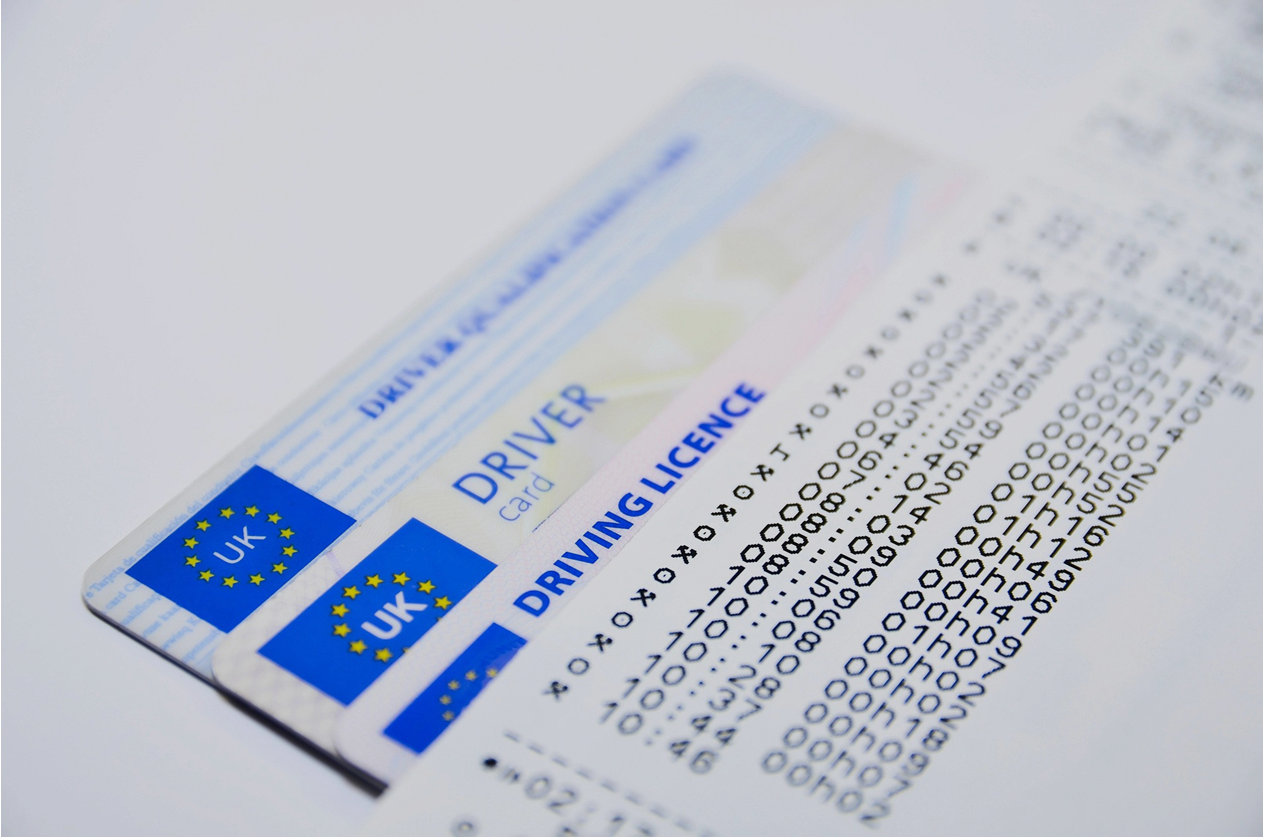>02
Apr

02
Apr
Penalty points are an important part of the UK driving system, designed to encourage safe and responsible driving. However, many drivers are unsure about how they work and what impact they can have on their driving record.
In this blog, we’ll break down everything you need to know about driving licence penalty points, from how they’re awarded to how long they stay on your record and what you can do if you receive them.
Driving licence penalty points are a form of punishment imposed by the DVLA (Driver and Vehicle Licensing Agency) for breaking traffic laws in the UK. When you commit a driving offence, penalty points will be added to your driving record. The number of points you get will depend on how severe the offence is.
For example, minor offences can carry 3 penalty points, while more serious violations, such as dangerous driving or drink-driving, could result in 6 or more points. If you’re a new driver and accumulate 6 or more points within two years of passing your driving test, your licence will be revoked.
These points will remain on your record for a specific period, usually 4 or 11 years, depending on the offence, and can influence penalties, insurance premiums, and your ability to drive.
Penalty points on your licence can have various implications. Each offence that results in penalty points will be recorded by the DVLA and will become part of your driving history. If you accumulate penalty points you could face serious consequences, such as higher insurance premiums, as insurers could view you as a higher-risk driver.
If you accumulate 12 or more penalty points within a three-year period, you could face a driving ban. This period of disqualification can vary depending on how severe the offences are and the specific circumstances they occurred in. Even if you’re nowhere near 12 points, just a few points can raise concerns about your driving habits and could impact your ability to keep a clean record.
Having penalty points on your licence can also influence your ability to drive professionally. For example, if you drive as part of your job or hold certain licences, points can affect your ability to maintain those qualifications.
You can receive penalty points on your driving licence for a wide range of driving offences. Common offences and their typical points include:
The number of penalty points actually issued will vary depending on the offence and the circumstances – the more serious the offence, the higher the number of points are given.
You can check your penalty points through the DVLA website. To do this, you’ll need your driving licence number and your National Insurance number.
Alternatively, you can contact the DVLA by phone or post to request your driving record if you don’t have online access.
If you’ve recently been caught committing an offence, the points might not appear immediately, as they can take a few weeks to be added to your record.
If you get points on your licence, there are various steps you can take.
If you agree with the offence and the points, they will be added to your driving record. You should ensure that you keep track of how many points you have and when they are due to expire. In many cases, you will be required to pay a fine in addition to the penalty points. This will be outlined in the notice of intended prosecution (NIP) or fixed penalty notice you receive. You should ensure you pay within the specified time frame to avoid further penalties.
Some offences, such as speeding or using a mobile phone while driving, might offer the option to take a driving course to reduce the impact of the penalty points. This is often offered as an alternative to receiving points, but it’s not available for all offences.
If you believe the points were issued in error – if you think you weren’t at fault or if there were extenuating circumstances – you can challenge them by appealing to the court. If you do choose to contest the points, you’ll need to be prepared for a possible court hearing and additional legal costs.
If you’re nearing 12 points, you should take extra care, as accumulating 12 or more points within a three-year period could lead to a driving ban. If you reach this threshold, you might be able to apply for a discretionary ban reduction or appeal the ban, but this will depend on the circumstances. To prevent further points, you should review your driving habits and ensure you’re following the rules of the road.
The length of time penalty points stay on your licence depends on the type of offence. Most points remain on your driving record for 4 years from the date of the offence. However, some more serious offences, such as drink-driving or dangerous driving, can stay on your record for 11 years.
After the specified time, the points are automatically removed from your record. However, you should bear in mind that while the points might expire, they will still count towards the total number of points you have accumulated during a three-year period. If you accumulate 12 or more points within that period, you could face a driving ban, regardless of whether the points have expired.
It’s important to regularly check your driving record to ensure that the points have been removed after the appropriate time, as errors can sometimes occur.
GetCarFinanceHere can help you to find the best car finance deals. Our expert team will look through all the options from our network of lenders to find the right car finance for your specific circumstances. Apply for car finance online today or contact us for more information.
Thank you for your interest. Please fill out the form below to Request a call back and someone from our team will get in touch shortly.